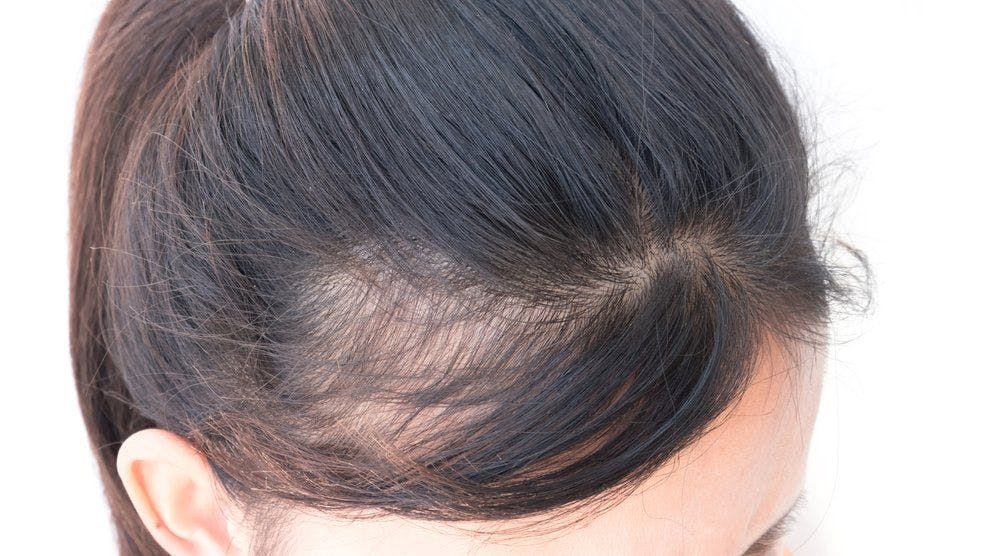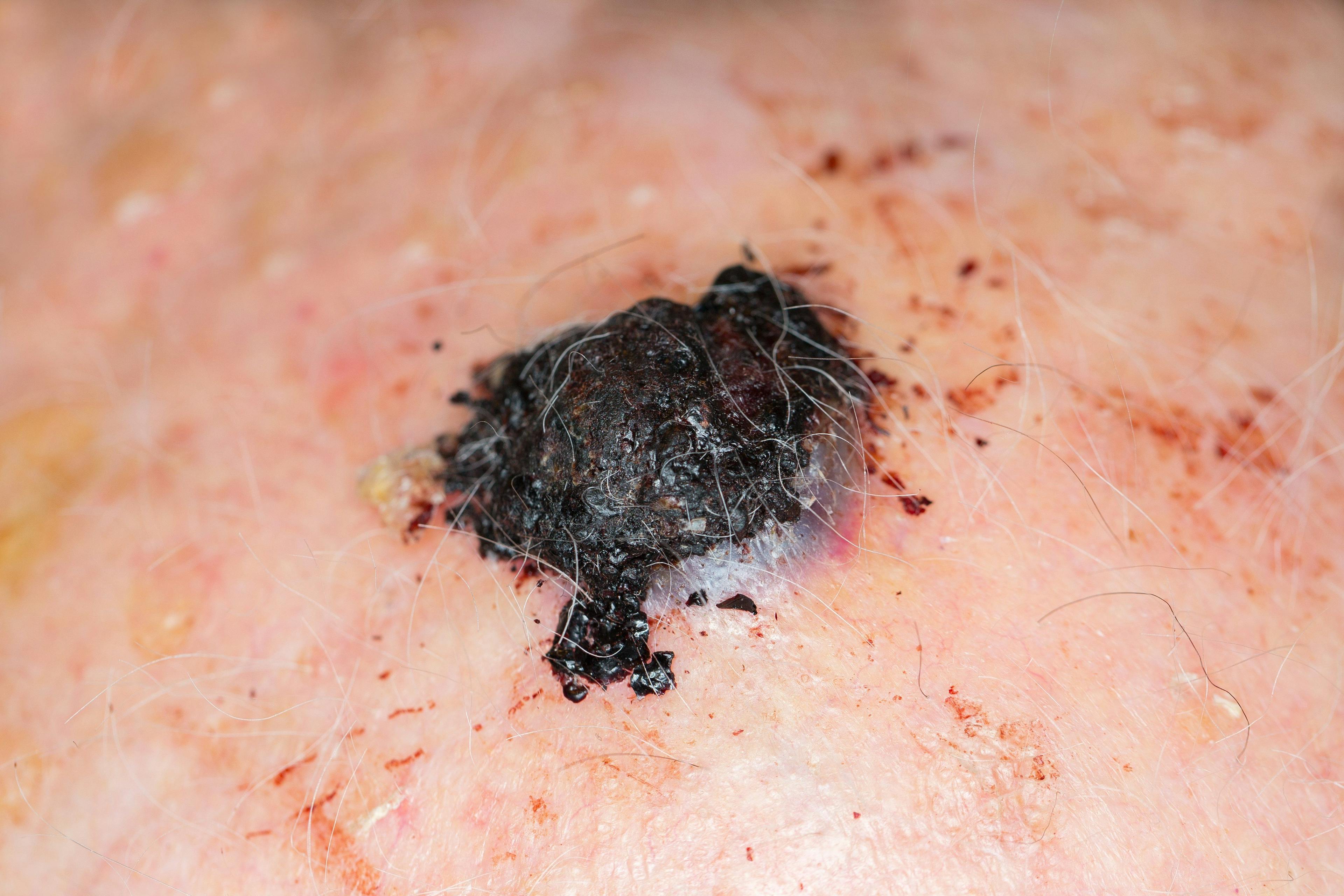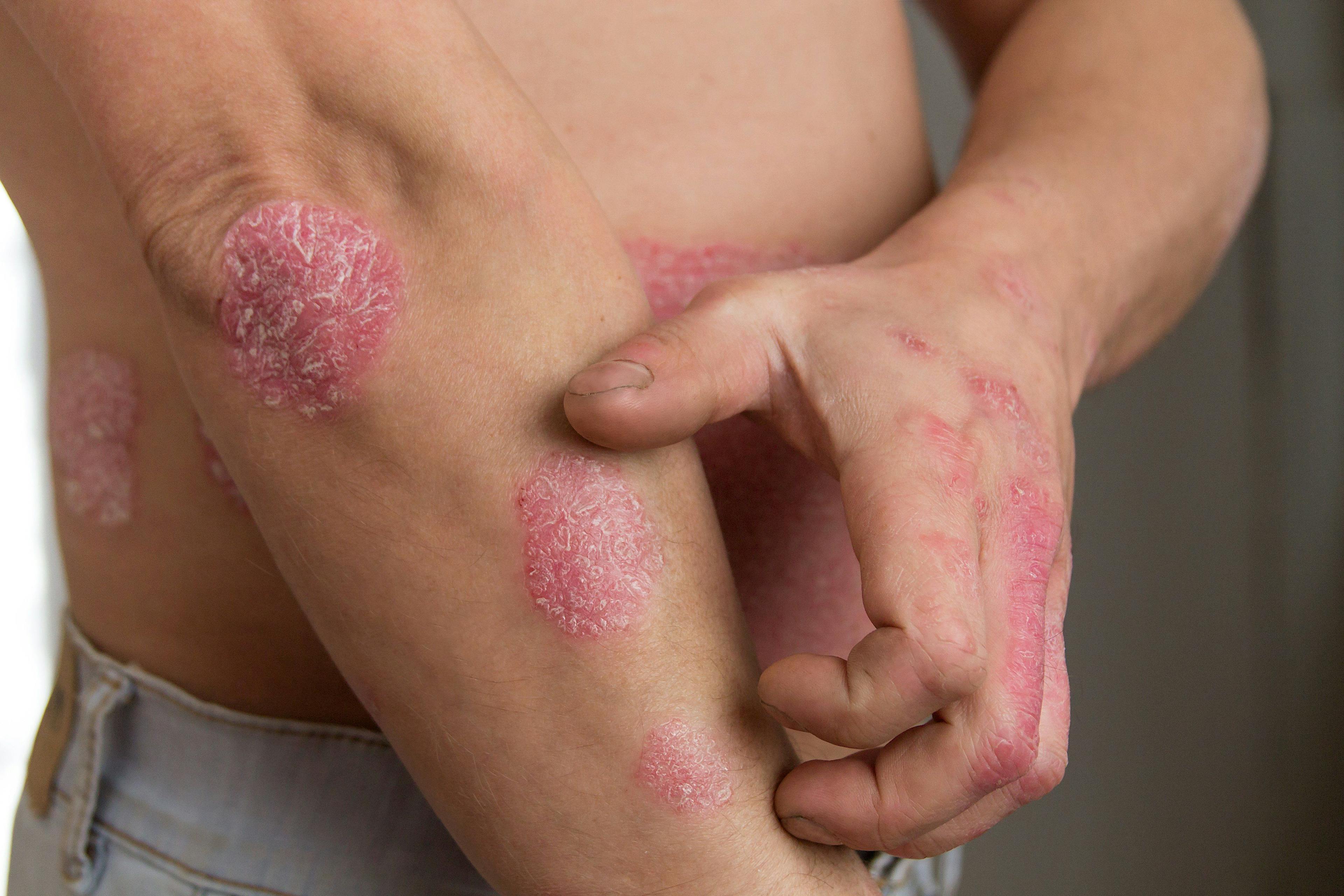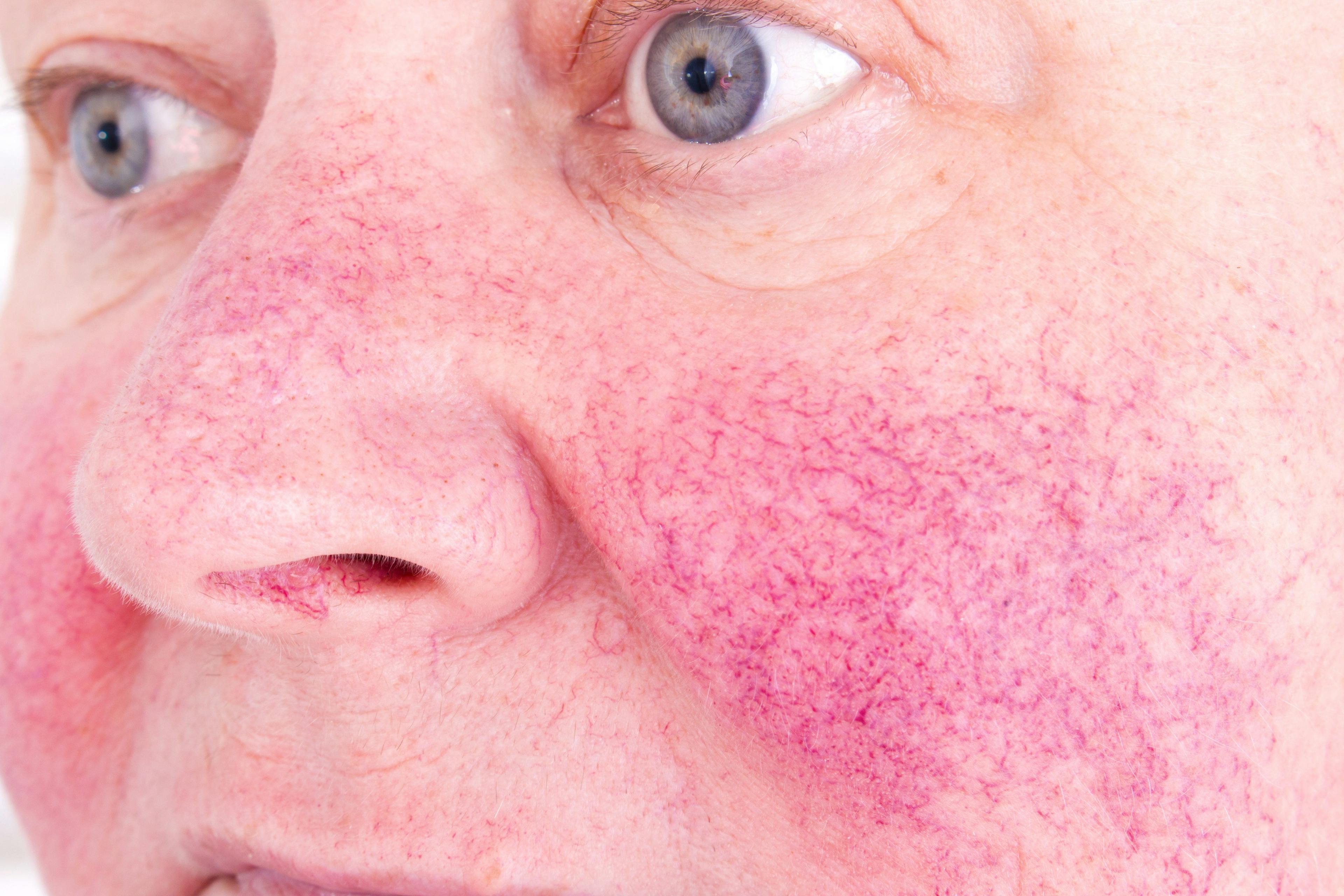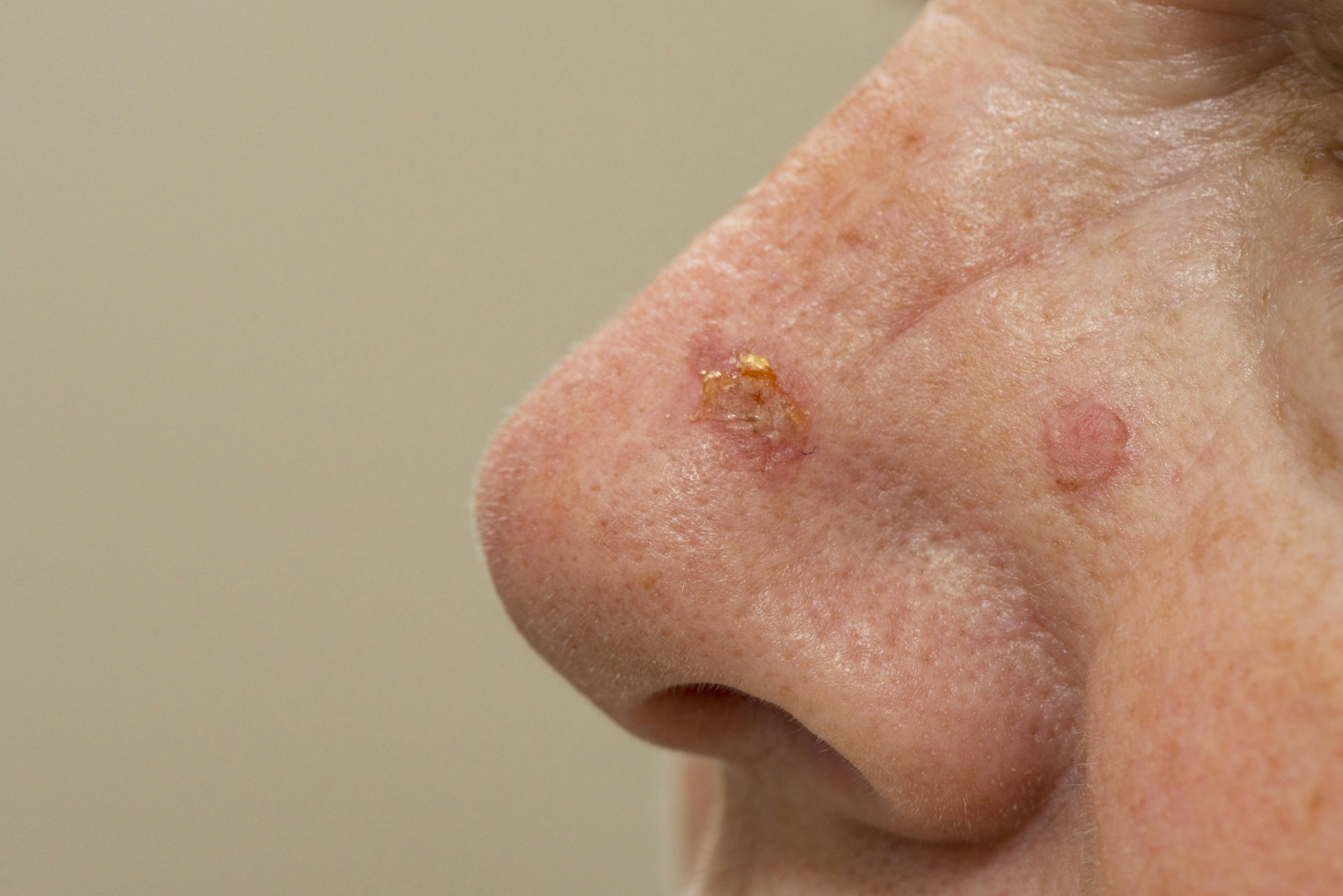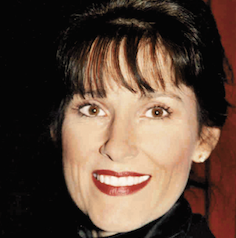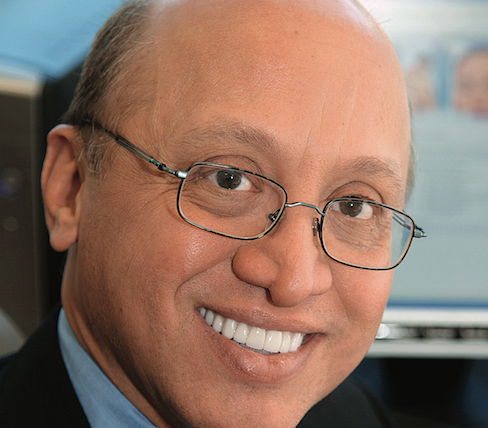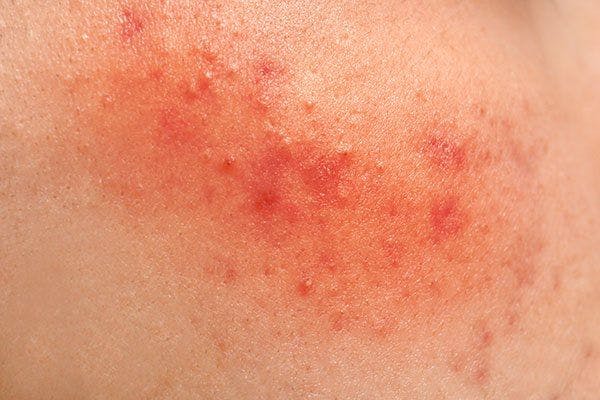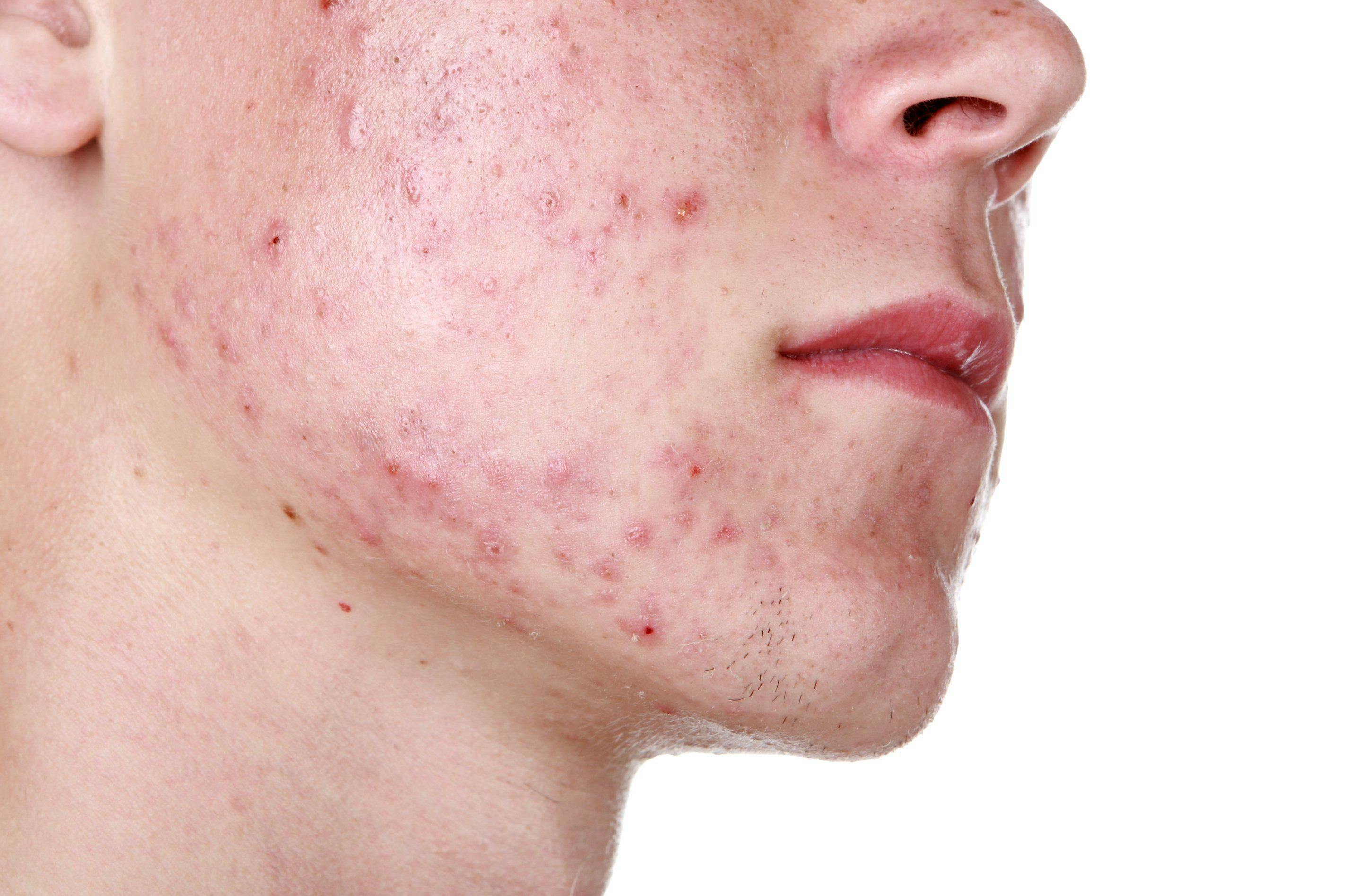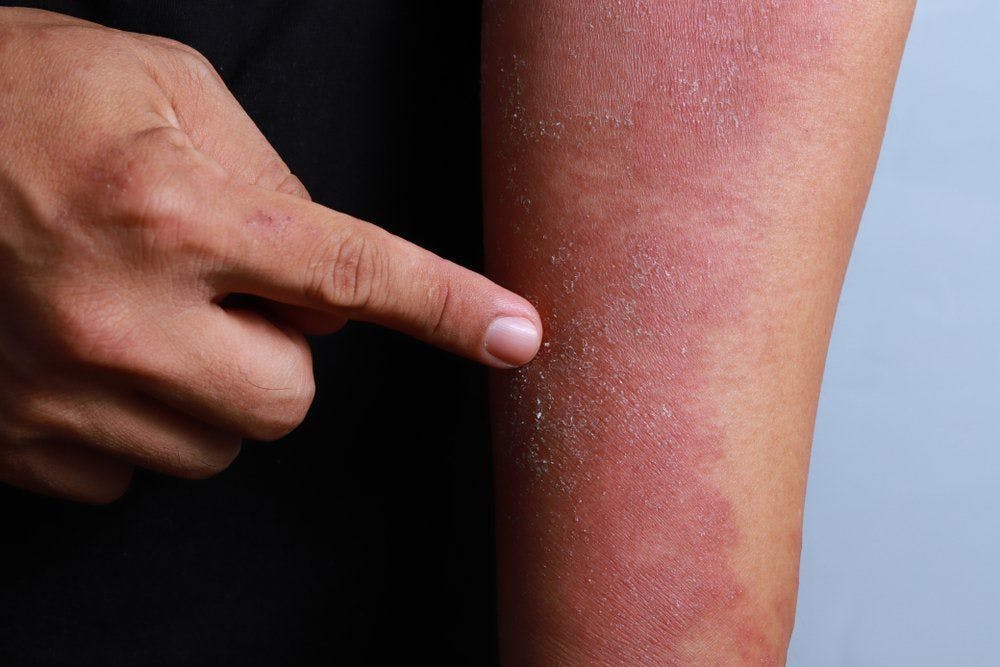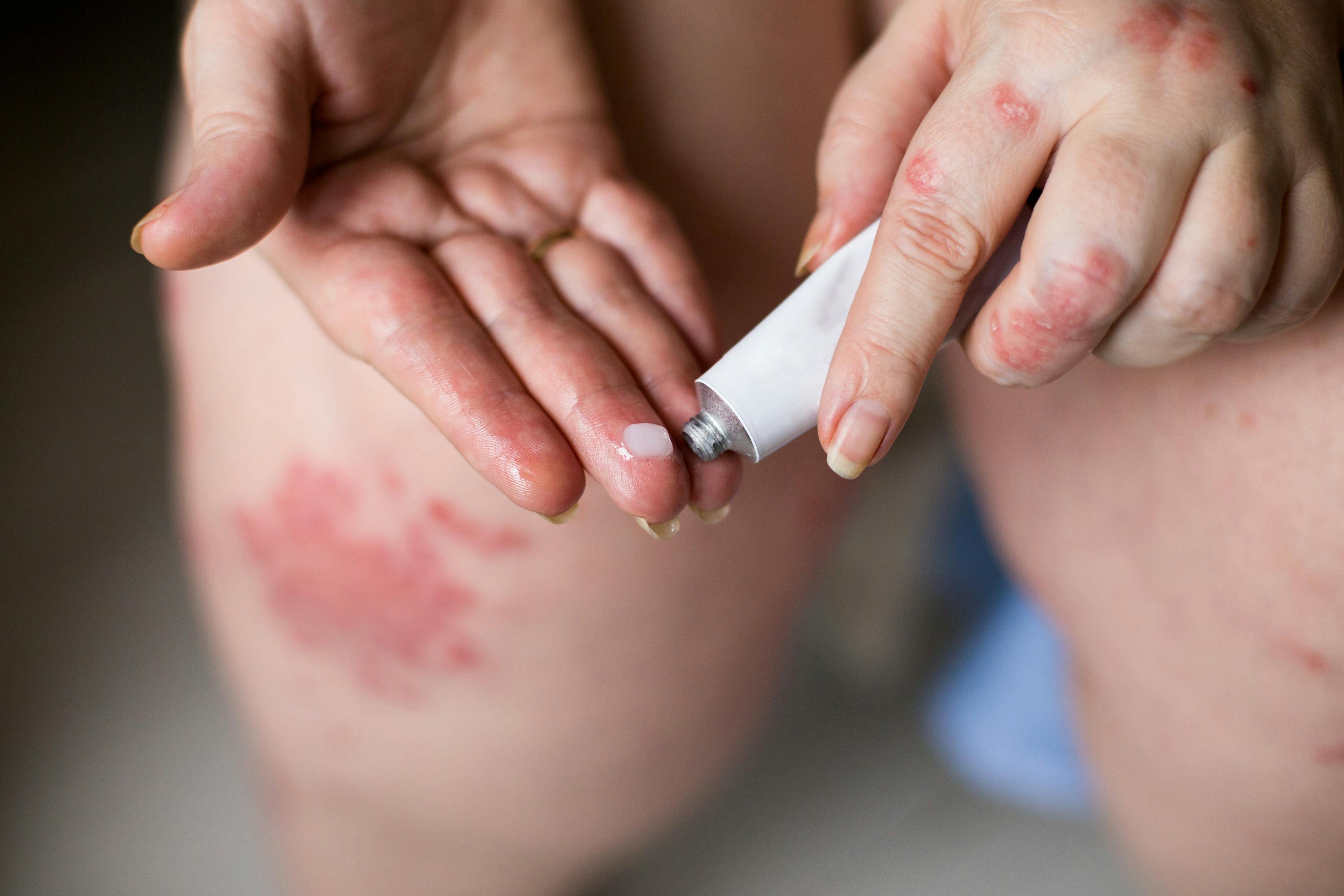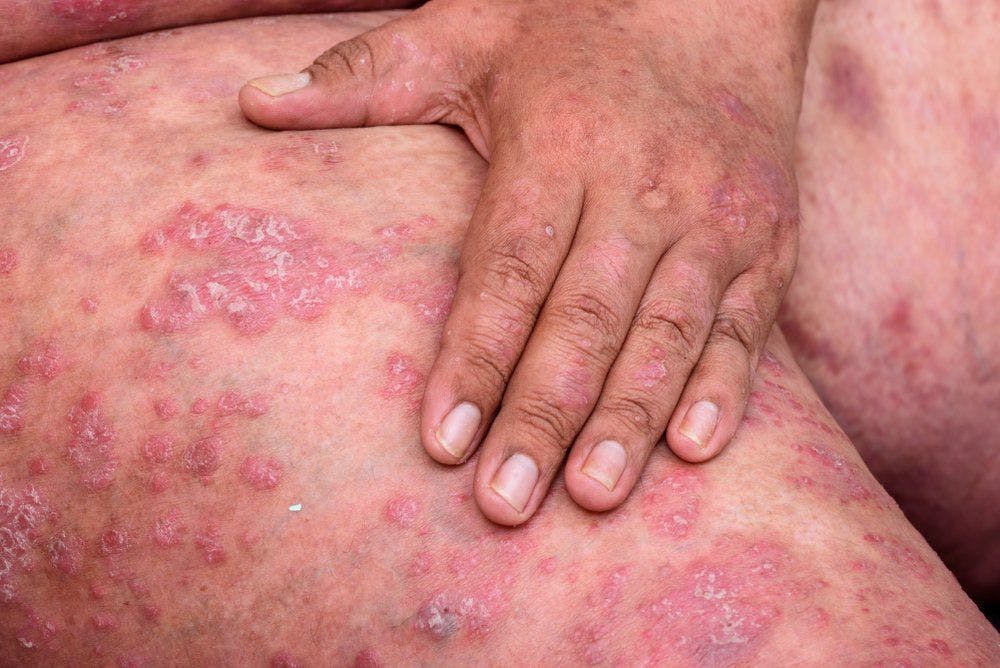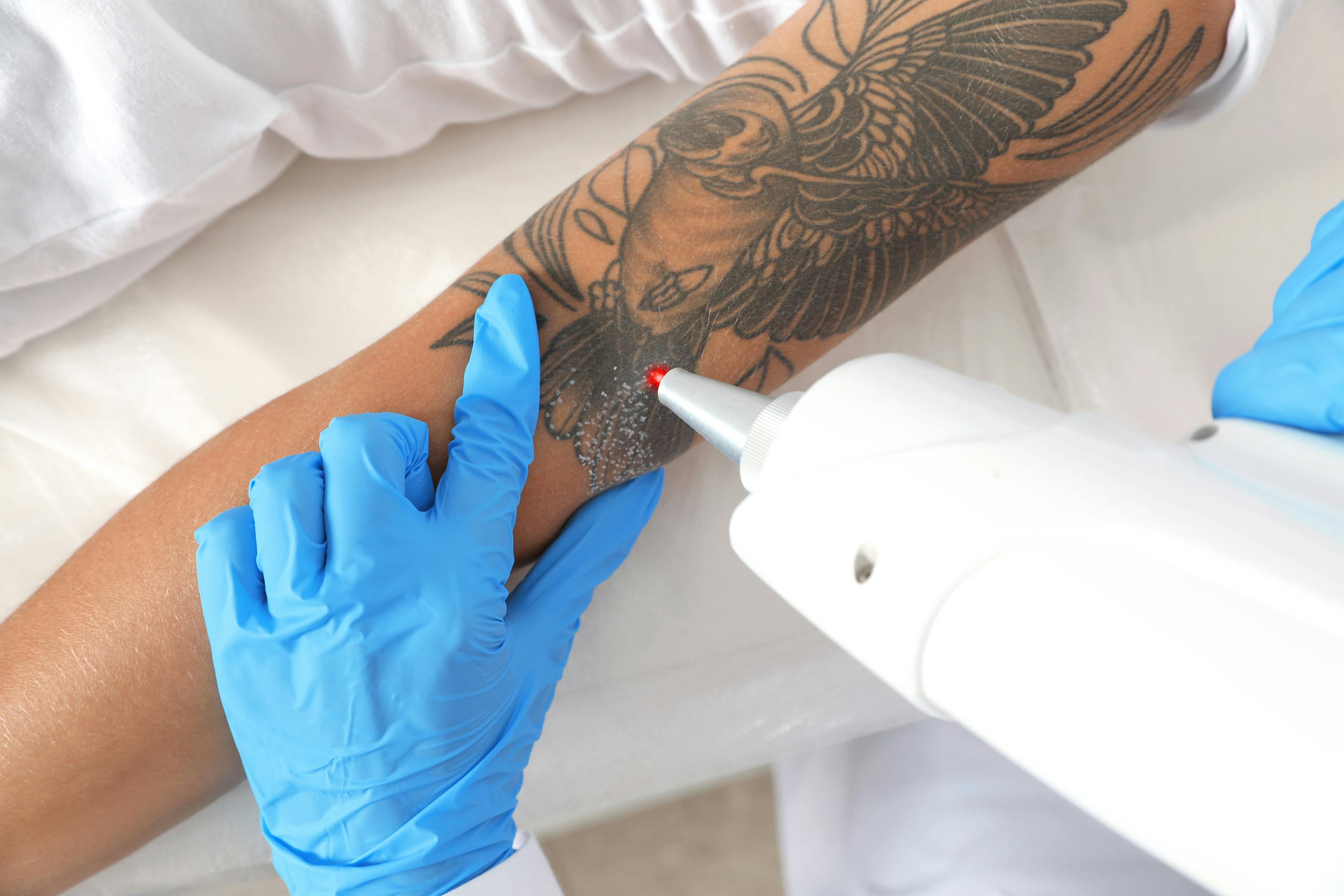- Acne
- Actinic Keratosis
- Aesthetics
- Alopecia
- Atopic Dermatitis
- Buy-and-Bill
- COVID-19
- Case-Based Roundtable
- Chronic Hand Eczema
- Chronic Spontaneous Urticaria
- Drug Watch
- Eczema
- General Dermatology
- Hidradenitis Suppurativa
- Melasma
- NP and PA
- Pediatric Dermatology
- Pigmentary Disorders
- Practice Management
- Precision Medicine and Biologics
- Prurigo Nodularis
- Psoriasis
- Psoriatic Arthritis
- Rare Disease
- Rosacea
- Skin Cancer
- Vitiligo
- Wound Care
Publication
Article
Dermatology Times
Practicing dermatology in the time of COVID-19
Author(s):
Read one New York physician's insights on practice survival and patient care during the pandemic.
Dr. Buka

I am the CEO and co-founder of one the largest dermatology practices in New York, and I write this month from the epicenter of the COVID-19 crisis. We have 17 dermatology offices here, all on ground-floor locations throughout New York City. We have always prided ourselves on making dermatology more accessible for folks who may have previously felt apprehensive about visiting a skin doctor. It is this same easy accessibility - this high visibility - that now places us on the front lines of a national health crisis.
READ MORE: Teledermatology and HIPAA compliance in the era of COVID-19
I believe that our COVID-19 experience can be instructive for dermatology practices across the country who are understandably concerned about how this pandemic will affect their own offices, and what will happen if their regions also become hot zones. I hope to provide some helpful insight as to how you can better prepare for challenging times ahead.
Unlike other catastrophes that have struck our region (for example, 9/11 or Hurricane Sandy), this pandemic is unique in the way that it distances us. Caring for others is suddenly made more difficult when the inherent trust between patient and physician is compromised by the potential risk of contagion. As a result, patient census drops fast. One day, we had all of our offices open, the next we had volume enough to support only five locations for non-elective dermatology. The lights go out faster than expected - fewer patients will seek skincare and, for the ones that do, state governments will often mandate that they stay-at-home.
This moment in your practice will prove an inimitable inflection point. In our experience, we believe taking more drastic steps, with a subsequent longer outlook to then scale these changes back, will be more successful than stepwise reactivity. In order for our practice to survive and for us to continue taking care of our patients during the crisis, we made the following moves:
DOUBLE-DOWN ON PRECAUTIONS.
The Dermatology Specialists is known for its superlative safety record. We take our OSHA-standards for cleanliness, infection-control and inter-patient sanitization very seriously. The new coronavirus disease has given us an opportunity to move many of these backstage processes to front-and-center in order to reassure our patient population, “this is a safe space.” We room patients quickly, so as to avoid waiting room contagion. We space out waiting room access, in many instances closing front doors and texting patients to enter once we’ve had the opportunity to wipe down surfaces. We direct all incoming patients to the bathroom to wash hands prior to their visit. All registration pens are single use. Re-emphasizing these processes visibly is key to patient retention.
Of note, it is helpful to talk to your medical equipment vendors early - while they may already be out of PPE, ask that you be placed on their re-stock list as additional supplies become available.
STRENGTHENING YOUR TEAM.
As difficult as it was, we acted quickly to furlough many employees whom we could not continue to keep on payroll. Putting team members on temporary leave is a gut-wrenching, emotional process among colleagues who have become friends. Like many of you, our staff is the winning recipe for our practice. We look to the stimulus package to help support our practice family until we can all be reunited.
RELATED: Maui Derm sheds light on emerging COVID-19 data
For everyone in the practice, overcommunication is essential. Many have only “doom and gloom” live-streamed daily from their televisions or devices. Our team is resilient, but leadership must check in regularly. We set up a Zoom call every week for our 200+ employees. When information becomes available, we share it transparently along with any helpful updates. Our video calls are for office logistics, to share hopes for and challenges to reopening, and also close with musings on “Tiger King” and homemade haircuts. Those moments of humanity are worth 1,000 emails. I am wholly grateful to our providers who have risked their own health to remain on the front lines - and now is the time to show it. Their efforts have kept patients out of urgent care centers and emergency rooms, preserving precious resources for those in need of critical care due to COVID-19.
STRENGTHENING YOUR PATIENT BASE.
Communication is not just for employees; you have a captive patient audience waiting at home. Patients want to know you are a central part of this recovery effort. You’ve got plenty of time now to focus on patient outreach, and patients have more time than ever to listen. Share hand-washing tips, share skincare at-home tips, share new research on COVID you’ve vetted. Your content is good enough - get it out there - outreach is most important. The same calming presence that has kept patients coming back to you year after year - that’s the one they need to hear from today. It is imperative that folks know that they can count on you and the practice for the long term.
There’s been plenty written about teledermatology recently, so I will not belabor this point. Suffice it to say, virtual care is an important initiative both for patient reassurance and engagement. Most of us practice dermatology with our hands, and while that is not possible, it is just as important to reach out with our hearts and minds. I’ve done more education and talk therapy in the last couple weeks than I would have ever done over several months of face-to-face encounters with patients (and doctors) running late for their next appointments. We adopted password-protected Zoom rooms for use in own practice and continue to take notes within our EMR system. It has been met with more demand than I could have imagined.
WRESTLING WITH RENT.
Make these calls now, not next month when every other tenant is also late on rent. We reached out to our landlords early to discuss the pressures on our business and how we can work together to alleviate near term fiscal pressure. This is not an “us vs. them” issue; this is a collaborative problem-solve. Be sensitive to the fact that landlords often times have mortgages they are paying with your rent dollars. Work together - look for partial abatements or year-end deferrals. We found our landlords to be uniformly cooperative, with one or two exceptions, but it was all in the approach.
CARES ACT.
Apply even if you believe you will not be affected to the same extent we have. There is a first-come, first serve aspect to this program, and until there is a successor stimulus package, this is a solid element toward preserving the long term fiscal health of your practice. You are eligible for 2.5x of your monthly payroll expense, so even if you keep most of your staff on board throughout this challenging time, you can bring more folks back, sooner, than your practice would otherwise allow in this climate.
READ MORE: How to adapt your practice amid the coronavirus crisis
I have been inspired by my dermatology colleagues who have volunteered their time in emergency rooms across New York State. We all continue to work at their side during this life-changing pandemic. Our patients, many who travel hours to see us because so many practices have been forced to shutter, are so grateful for their continuity of care and we are humbled to show up every day to extend it. I am confident the present acuity of COVID-19 will be behind us in the next month or so, but until then, I hope some of the steps we have taken will also help you circumnavigate these difficult times. Â
Don't miss the latest discussions on COVID-19 and the effects on your practice.
Survival of the private practice: bit.ly/privatepracticesurvivalReopening the private practice: bit.ly/reopeningpractice
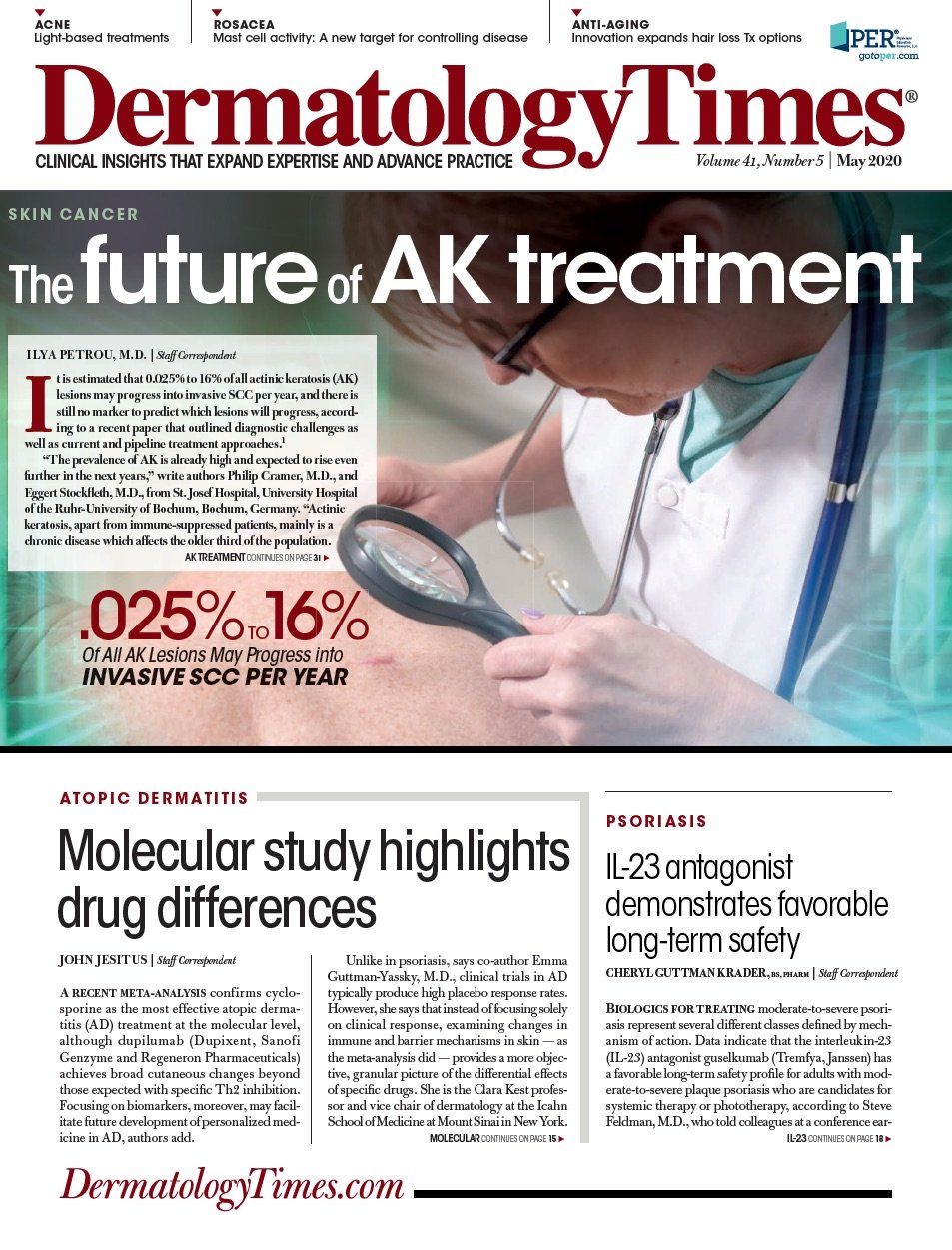
Newsletter
Like what you’re reading? Subscribe to Dermatology Times for weekly updates on therapies, innovations, and real-world practice tips.

